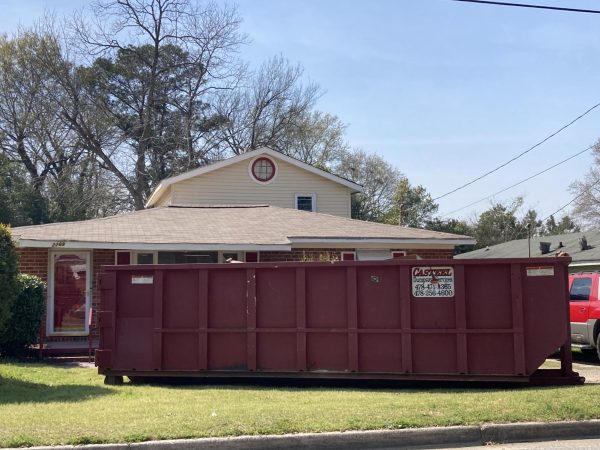Uber bridging gap with medical transportation help
No-shows cost the healthcare system $150 billion every year, according to a report by SCI Solutions. For the percentage of those patients on Medicaid, there’s a transportation barrier. Ride-sharing services like Uber and Lyft are looking to bridge that gap.
“Our partners work with an elderly population, they work with a low-income population who may not have a smartphone or know anything about Uber,” said Dan Trigub, the head of Uber Health. “It’s a platform where a healthcare organization can order a ride on behalf of the people that they care for.”
Trigub said that Uber has been improving its accessibility. Shea Reon Reaves, the housing coordinator of Disability Connections in Macon, said she’s seen a difference.
“Because I’m blind, I use my ears for just about everything… I use voiceover, on my phone, so it’s very accessible,” Reaves said. “A lot of people with disabilities may be kind of afraid to use them, because they don’t know how helpful they are, or they don’t think that they would be helpful or treat them a certain way, but I feel like they, from my experience, it’s been well.”
Krisda Chaiyachati is an assistant professor of medicine at the University of Pennsylvania. He said that accessibility is only one aspect of the problem. Missed appointments go beyond just transportation for low-income populations.
“You can plan out an appointment three months from now, but really when you come up to the week of or the day of, you realize, you know what, it’s going to be a little tough on me to ask for another day off from my boss because I’ve already taken a couple days off,” he said. “They don’t have the financial or social reserves to be able to find somebody last minute to watch their grandmother or their kid. So we hear story after story now, transportation can really help when you don’t have a ride there, but it doesn’t solve for these other kinds of social instability challenges.”
In recent months, Texas and Florida have made ride-sharing companies eligible partners for Medicaid transportation.













